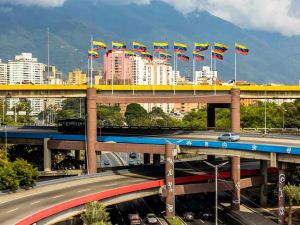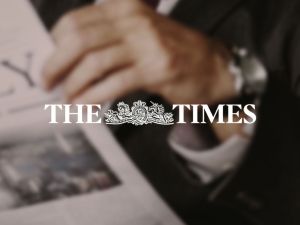As a wealth manager, we’re constantly tuned into the demands of our customers, as well as broader trends in personal finance. One of the biggest, most important trends of the last few years has been Socially Responsible Investing (SRI), which focuses on putting investors’ capital to use for the betterment of society and the environment.
There are a number of different ways of going about it, however, and no two wealth managers will build their ESG proposition (that’s Environmental, Social and Governance) exactly the same way. They’ll all broadly attempt to exclude companies or funds with negative connotations while championing those that have a net positive social or environmental outcome.
For example, in Moneyfarm’s standard portfolios, they’re combed through for social laggards after we’ve put them together. In our Socially Responsible Investing portfolios, the process is focused on ESG from the very beginning.
You can open your own actively managed, globally diversified SRI portfolio in minutes. Simply answer a few questions about your financial situation and your goals and we’ll match you with a sustainable investment vehicle that’s tailored to you.
Open an SRI portfolio todayHow we screen our portfolios
When we build our Socially Responsible Investing portfolios, we employ both positive and negative screening. This means that, alongside excluding negative companies, we select best-in-class ETFs that take into account a number of different ESG metrics. These are:
- The ESG Peer Rank. This is a ranking of the ESG credentials of ETFs and mutual funds from across the investable universe. If they score highly, they’re eligible for our portfolios.
- Environmental externalities. This is where we select ETFs that help to cut the carbon footprint of our portfolios as much as we can. We analyse which fossil fuels are excluded, for example, and whether it’s a revenue decision or if the principles are applied to the whole value chain.
- The governance component. We prefer to invest in companies that have a higher level of board independence and board diversity.
- The voting and stewardship policy of the ETF issuer. We prefer to invest in ETFs from issuers that are active and engaged with the invested companies.
This is all positive screening – we actively seek out ETFs that are best-in-class not just in their overall quality but also in their adherence to these various ESG metrics.
What is excluded?
For most investors interested in Socially Responsible Investing, the avoidance of controversial or environmentally damaging businesses is critical. They want their money to grow, but they don’t want to associate themselves financially with problematic industries.
The most obvious examples here are businesses involved in fossil fuels, the arms trade, or gambling. Profitability aside, these are morally dubious areas for a lot of people and excluding them from a portfolio is key if we want to describe it as ‘socially responsible’. Our negative screening is zero-tolerance which, in this context, means that companies with revenue derived from controversial values are immediately cut, regardless of their score relative to their peers.
Equally, we are clear that we don’t invest in companies that violate human rights or have been involved in social injustices. This information is represented by a ‘controversy score’, which is available on the MSCI website for each fund. We exclude ETFs with a score greater than 0, so our investors can rest assured that their money is supporting the right kind of practices.





